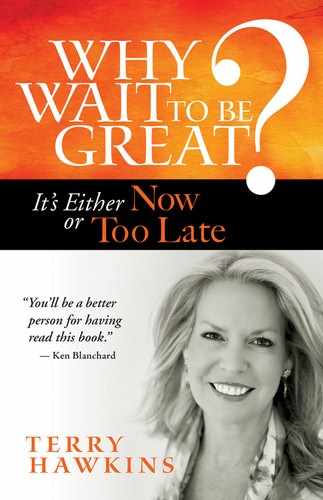Chapter 5
Genuine Emotion Is Not the Pit
As I said earlier — and I can’t stress this too much — Pit behaviors and reactions do not include healthy emotions, such as grief, sadness, shock, respectful anger, or frustration. As we all know, life can throw us many curveballs, and we humans are designed to deal with the stress of life through feeling and expressing our emotional responses to these events. Crying, for example, is such a healing act; it allows our body to release the sadness we are holding. I cringe when I hear parents tell their children (especially their young boys) to stop crying when they are sad. I admire anybody who can be brave and strong enough to be in their vulnerability and allow the emotions to rise and be expressed. Strength is not the ability to not cry; it’s the ability to cry, to laugh, to be scared, to be brave, to communicate respectful anger and frustration — to feel and express those feelings.
Too often, we push these important emotions down because we become fearful of really experiencing and feeling them. We can start to believe that the pain in our chest is too much to bear, so we stop — we wait. But we are meant to feel. Our hearts are meant to be broken, but they never break in two — they just break open to allow us to love more and feel even more. However, getting to this understanding can be a real test — sometimes it can seem much easier just to push it all down and instead become bitter and resentful. When we do this, our Pit emotions come to the surface and we end up spraying our Pit Pollution onto everyone, with our Pitman behaviors and comments.
Sometimes our memories can be so painful that we don’t allow ourselves the necessary emotional expression vital for healing. We shut the memories away, hoping the pain will go with them. But where do they go? They can’t just disappear. Could it be that we somehow unconsciously redirect our unexpressed emotions? Unlike some people, who can become emotionally addicted to the event by playing it over and over in their heads, others can shut down the memory, transmuting it into other addictions (subaddictions) such as food, alcohol, anger, sex, drugs, or work.
If I could leave a legacy, it would be to have helped people do pain well. Not to go around pain, not to manage pain, and not to cope with pain, but to go into the eye of the pain, experience it, and then let it pass through. I believe when we learn how to master that, we won’t resist our feelings, and we will arrive at peace. Peace to me is not a sense of calm, but a sense of knowingness — that regardless of what comes our way, we will be OK.
Unfortunately, though, we can spend so much of our energy, time, and resources trying to do whatever we can to avoid pain that we end up numbing ourselves with everything we can lay our hands on, just so we can avoid discomfort. The irony, however, is that the very pain we are trying to avoid is the very vehicle that will set us free.
A good example of the difference between allowing yourself to pass through your emotions and getting stuck in the Pit comes from a friend of mine. Her husband died tragically in a car accident, and a few weeks afterward she called me to announce she had gone to the Pit for the night.
She said that she reread all the sympathy cards she received and had a big cry. I explained to her this was a really healthy thing to do and she wasn’t in the Pit at all. She was grieving, and it was important for her emotional healing to release her feelings. I encouraged her to cry whenever she felt the need. In my children’s books, I encourage children to “cry and cry and cry until there is no more cry left!”
A few weeks passed, and she called me again. This time, her conversation went something like this: “I can’t cope. I had to drop the kids off at school, deliver a pile of brochures, bring the car in for service, get back to pick up the car in time to get the kids, and then they started fighting. It’s all too much!”
That’s when I said, “OK, now you’re in the Pit!” and we laughed.
The Pit is that place we go to when we think we don’t have any power. It’s where we blame everyone and everything for where we’re at. When we feel like this, we tend to generate a powerful force that sucks the energy out of anyone who projects a positive outlook. I know exactly when I’m being a Pit dweller, because I can see the effect it has on me and the effect I have on others. I have less energy and less patience; I am quicker to anger and to criticize. I see this reflected on the faces of those who have to experience my Pit Pollution. I have also realized that for me, these “triggers” were simply indicators that I wasn’t allowing my true feelings to rise — my anger, for example, was often a cover-up for my wanting to cry or express my fear.
